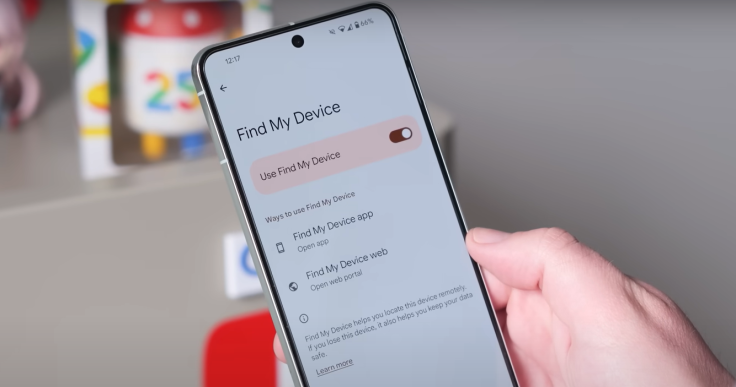
Google's Find My Device feature has sparked discussion among users due to its "aggregation by default" setting, which prioritizes privacy over performance. This approach, aimed at safeguarding user locations, groups multiple Android devices' locations together in high-traffic areas before reporting them. While Google defends this decision as a crucial privacy measure, users have expressed frustration over its impact on tracker detection, particularly in real-world scenarios.
Google's Privacy First
At the core of Google's Find My Device network is its "aggregation by default" setting, designed to enhance user privacy by consolidating location data from multiple devices. This approach requires several nearby Android devices to detect a Bluetooth tracker before reporting its location, thereby minimizing the risk of pinpointing individual device locations. This setting aligns with Google's broader privacy initiatives, emphasizing user control and protection against unwanted tracking to private locations.
Performance Concerns and User Feedback
Despite its privacy benefits, the "aggregation by default" setting has faced criticism for its impact on tracker detection performance. Users have reported instances where Bluetooth trackers were not located effectively, especially in low-traffic areas. This issue stems from the network's requirement for multiple device detections before reporting a tracker's location, which can lead to delays or inaccuracies in locating lost items.
User Options and Recommendations
To address concerns over performance, Google suggests users switch to the "With network in all areas" option within the Find My Device settings. This alternative setting allows for more frequent location reporting, improving the chances of detecting Bluetooth trackers even in less densely populated or low-traffic regions. While Google advocates for the default privacy setting, it acknowledges the practical need for better performance in locating lost items and encourages users to adjust settings based on their preferences and tracking needs.
Future Improvements and Network Expansion
Google plans to enhance the Find My Device network's functionality and accuracy through ongoing improvements. As more Android devices join the network and more users opt for enhanced tracking settings, Google anticipates significant improvements in performance. The company aims to strike a balance between robust privacy protections and efficient tracking capabilities, ensuring that users can manage their location data securely while benefiting from effective device tracking features.
The tech giant's Find My Device feature underscores its steadfast commitment to prioritizing user privacy. This commitment is evident through its implementation of the "aggregation by default" setting, which groups multiple Android devices' locations before reporting them, thereby enhancing privacy protections against potential tracking to sensitive locations, such as homes. Despite initial user feedback highlighting concerns over the setting's impact on performance, particularly in the detection of Bluetooth trackers, Google remains dedicated to refining its service.
By offering alternative options like the "With network in all areas" setting, Google aims to cater to varying user needs for more accurate and timely tracker detection. This flexibility allows users to balance their privacy preferences with practical considerations, ensuring a personalized experience that aligns with individual tracking requirements.
Looking forward, Google is committed to ongoing enhancements of the Find My Device network. These improvements are poised to bolster both privacy safeguards and tracking efficiency, promising a more robust and reliable service over time. As more Android devices join the network and users adopt enhanced settings, the efficacy of locating lost items, even in low-traffic areas, is expected to significantly improve.
© Copyright 2025 Mobile & Apps, All rights reserved. Do not reproduce without permission.


















